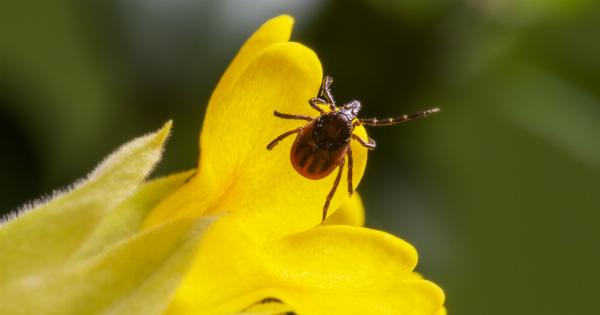Mosquitoes are not only frustrating pests that ruin outdoor activities, but they can also be hazardous to your health. West Nile virus is a mosquito-borne disease that can cause severe illness or even death in humans.
Mosquito bites can also result in other diseases such as Zika virus, Dengue fever, and Chikungunya virus. It is, therefore, essential to protect yourself from mosquitoes and West Nile disease. Here are some practical tips to help you stay safe.
1. Wear Protective Clothing
Mosquitoes are most active during dawn and dusk. Therefore, it is advisable to wear long-sleeved shirts, long pants, and socks if you are going to be outside during these hours.
Loose-fitting clothing can also help to reduce the number of mosquito bites you get.
2. Use Insect Repellent
Apply an EPA-registered insect repellent to exposed skin to help protect against mosquito bites. The most effective repellents contain DEET, Picaridin, or oil of lemon eucalyptus.
It is essential to follow the instructions and not apply too much repellent. Always use repellent on children as directed by their doctor.
3. Remove Standing Water
Mosquitoes lay their eggs in standing water, making it a crucial breeding area for them. It is essential to get rid of stagnant water in flower pots, barrels, buckets, wheelbarrows, and other outdoor containers.
Also, keep your gutters clean to prevent water from accumulating. Additionally, remove any other items, such as old tires, that can collect and hold water.
4. Stay Indoors
When mosquitoes are most active, try to stay indoors. Close your windows and doors and use air conditioning if possible to prevent mosquitoes from entering your home. Alternatively, you can use screens on your windows and doors.
Mosquitoes are attracted by light, so remember to keep outdoor lights off or use yellow bug lights instead.
5. Keep your Yard Clean and Tidy
A well-maintained yard can help to keep mosquitoes away. Regularly mow your lawn, trim the trees, and remove any weeds. Keep your yard free from debris, as piles of leaves and sticks can also make an ideal home for mosquitoes.
Additionally, consider using mosquito-repelling plants such as lavender, citronella, and marigold in your garden, which can help to reduce the number of mosquitoes in your yard.
6. Check your Screen Doors and Windows
Torn or damaged screens on doors and windows can allow mosquitoes to enter your home. Inspect your screens regularly for any holes or tears and repair or replace them as necessary. If you have pets, make sure their entryways are screened as well.
7. Use Mosquito Netting
If you are camping or sleeping outside, use mosquito netting over your sleeping area. It is also advisable to treat the netting with an insecticide to make it more effective.
8. Take Precautions when Traveling
If you are traveling to an area with a high risk of mosquito-borne diseases, take extra precautions. Wear protective clothing, use insect repellent, and take anti-malarial medication if necessary.
Always check with your healthcare provider before traveling to determine any additional precautions you may need to take.
9. Seek Medical Attention if Necessary
If you experience any symptoms of West Nile virus, such as fever, headache, body aches, joint pains, vomiting, diarrhea, or rash, seek medical attention immediately.
While there is no specific treatment for West Nile virus, your doctor can provide supportive care to help relieve your symptoms and monitor your condition.
10. Keep Mosquitoes out of Your Home
Finally, take steps to keep mosquitoes out of your home. Use screens on your windows and doors, repair any torn screens, and keep your doors and windows closed when mosquitoes are most active.
Additionally, consider using mosquito traps or bug zappers to help reduce the number of mosquitoes around your home.






























